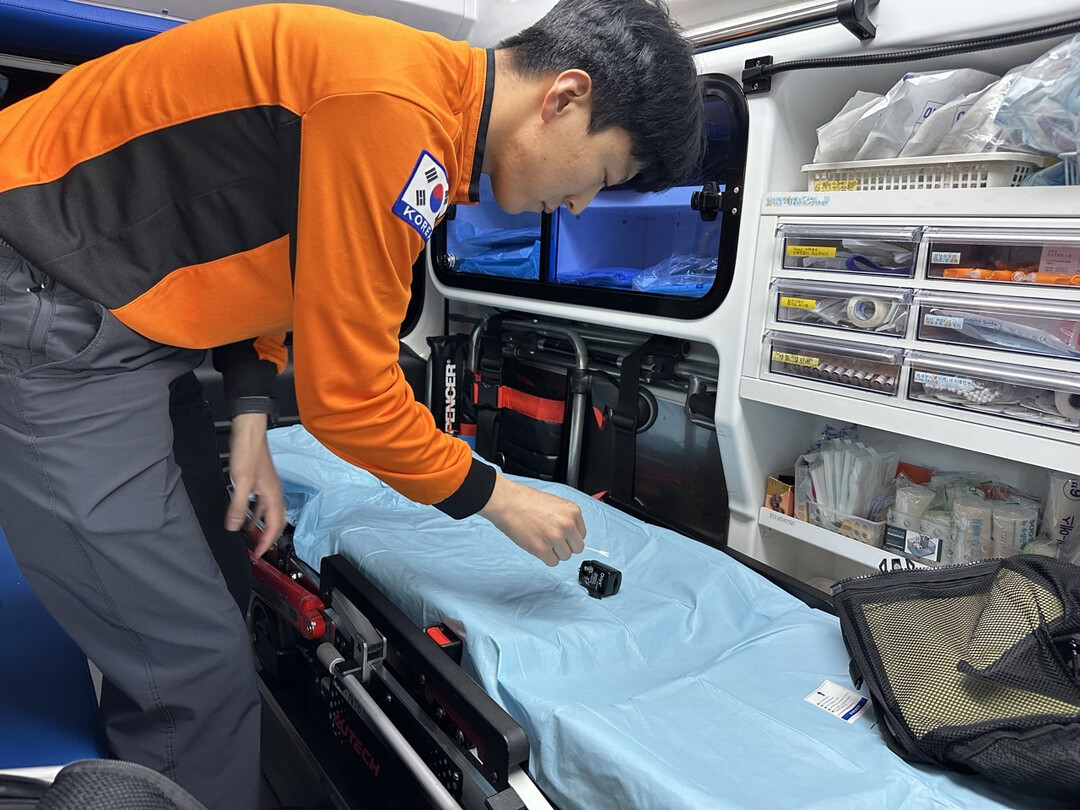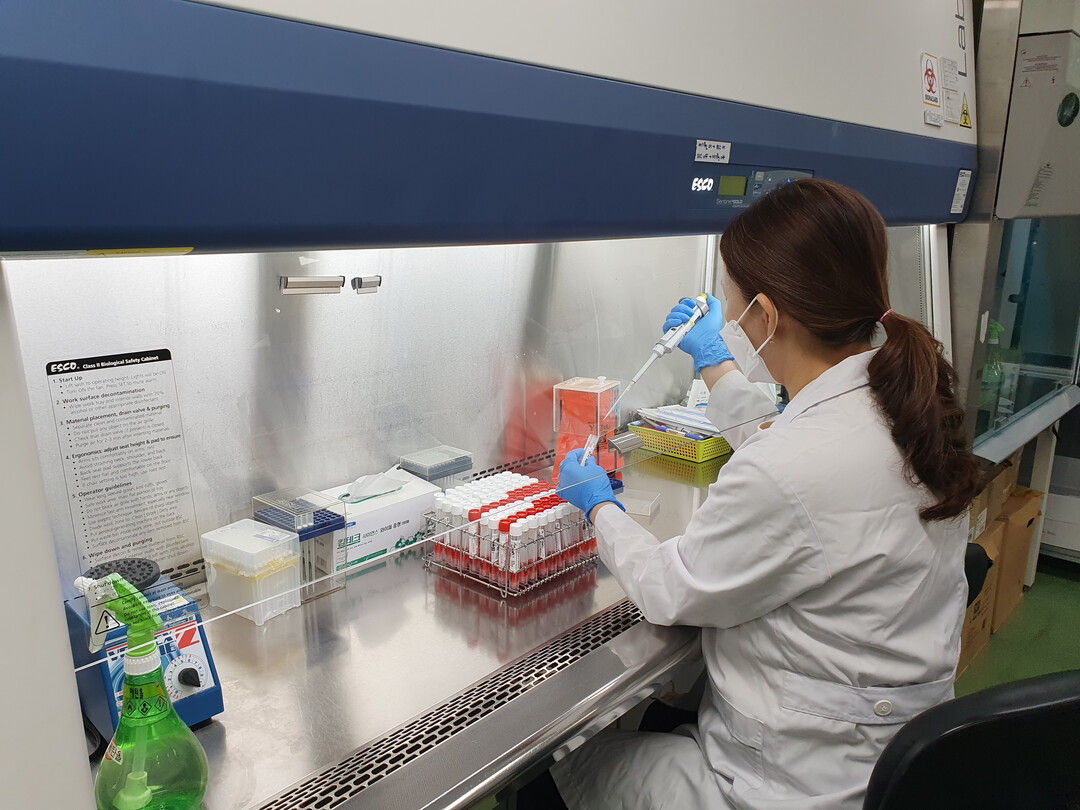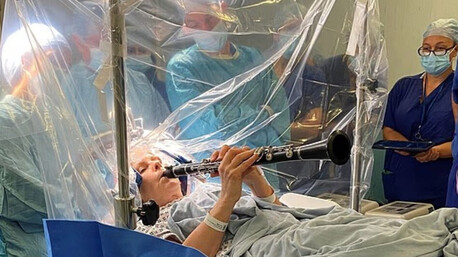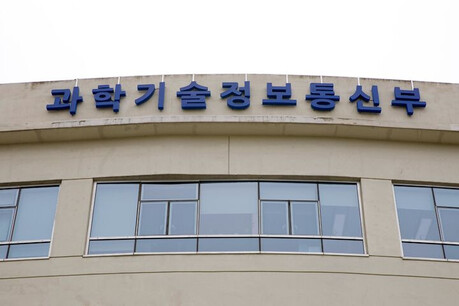
Daejeon City’s 119 emergency medical service (EMS) ambulances have been proven to be ‘safe spaces’ from respiratory infectious diseases through thorough hygiene management.
According to the Daejeon Institute of Health and Environment, environmental tests conducted on 15 119 ambulances in Daejeon City between April 21st and 30th for 13 types of respiratory viruses revealed that no viruses were detected in any of the ambulances.
This investigation was carried out in cooperation with the Daejeon Fire Headquarters to examine the actual condition of infectious disease contamination inside ambulances used by various patients and to prevent secondary infections among emergency patients and paramedics.
The test items included a total of 13 highly contagious respiratory viruses, including influenza, COVID-19, chickenpox, measles, pertussis (whooping cough), and rubella.
Samples were collected from 15 major contact points within the vehicles, such as pulse oximeters, cervical collars, thermometers, steering wheels, and patient compartment walls. A total of 2,925 tests were conducted for thorough analysis.
Previously, the institute also recorded ‘not detected’ for all items in the same inspection last year, and this latest result reaffirms that the level of infectious disease management is being stably maintained.
Shin Yong-hyun, head of the Daejeon Institute of Health and Environment, stated, “This inspection confirmed that infection control of the environment and equipment inside ambulances is being carried out effectively. We will continue to strengthen our capabilities to respond to infectious diseases and protect the health and safety of citizens.”

[Copyright (c) Global Economic Times. All Rights Reserved.]






























